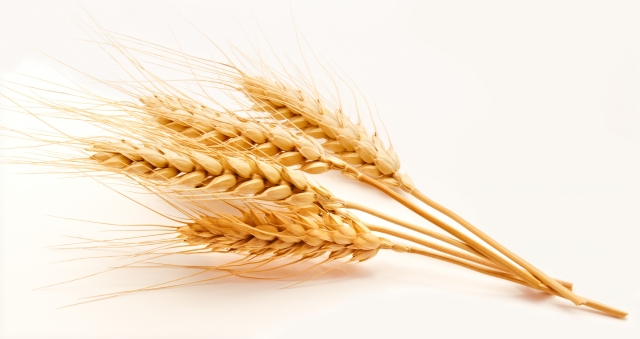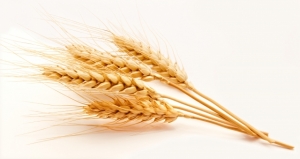RETAIL FPI | Is Georgian Wheat Getting Stronger?
In the middle of June, food prices increased by 5.0% on an annual basis (that is, compared to June 2016), but decreased by 0.3% on a monthly basis (that is, compared to May 2017). During the last two weeks, greens, potatoes, and cabbage showed the biggest increase in prices by 29.4%, 23.8%, and 23.3%, respectively. In the meantime, tomato, cucumber and cheese prices dropped by 26.8%, 15.7% and 7.1%, respectively.
WHEAT PRODUCTION IN GEORGIA
During the last couple of years, wheat flour prices in the major supermarkets of Tbilisi ranged from 1.8 GEL/kg to 2.1 GEL/kg. According to the diagram, wheat prices were relatively low during the first half of the 2015, but increased in the second half of the year. The same price dynamics was observed for 2016. Currently, prices are relatively high, though domestic production of wheat, as shown by Geostat’s latest report, is steadily increasing.
|
Indicator (ths.tons) |
2014 |
2015 |
2016 |
|
Opening Stocks |
95 |
48 |
73 |
|
Domestic Production |
48 |
126 |
127 |
|
Import |
651 |
647 |
552 |
|
Total Supply |
794 |
821 |
752 |
Source: Agriculture of Georgia 2016, Geostat’s Annual Publication
Note: Total Supply is a sum of Opening Stocks, Domestic Production and Imports
According to the table, the increase in production is paired with a decrease in imports and a higher self-sufficiency ratio (from 7% in 2014 to 19% in 2016), which might be an early sign of a relatively successful import substitution strategy. However, it should be noted that the total supply of wheat was lower in 2016 compared to previous years, which implies that one should carefully monitor the total supply figures in order to avoid shortages, which usually result in price spikes.











